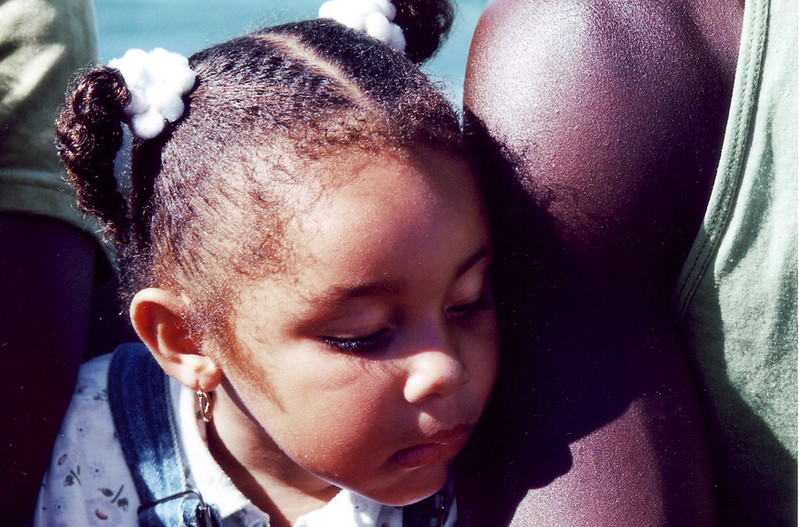 In 2023, about 570,000 people in Indonesia were living with HIV. Recognizing the urgency, the Indonesian government intensified its efforts to support individuals and prevent mother-to-child HIV transmission. Community organizations play a crucial role in this endeavor, providing care and treatment access to those in need.
In 2023, about 570,000 people in Indonesia were living with HIV. Recognizing the urgency, the Indonesian government intensified its efforts to support individuals and prevent mother-to-child HIV transmission. Community organizations play a crucial role in this endeavor, providing care and treatment access to those in need.
The Situation in Indonesia
Since 2008, UNICEF has supported the governments of Papua and West Papua in Indonesia in establishing a Prevention of Mother-to-Child Transmission of HIV (PMTCT) program. This program emphasizes HIV prevention, diagnosis and treatment within communities. Providing antiretroviral treatment during pregnancy can significantly reduce the risk of mother-to-child transmission. Ideally, since 2009, HIV testing should be part of antenatal care for pregnant women in Indonesia. However, more than a decade later, 37% of pregnant women still do not receive HIV screening. In 2022, only 18% of mothers with HIV accessed antiretroviral therapy.
Current Action to Prevent HIV Transmission
The National Alliance to End AIDS in Children, established in 2023, unites government, international organizations and civil society to improve access to health services and mental support for women and children living with HIV. The alliance focuses on three primary priorities:
- Advocating for the specific needs of adolescent girls and children living with HIV.
- Raising awareness by disseminating information about PMTCT (Prevention of Mother-to-Child Transmission), Early Infant Diagnosis and sexual education.
- Empowering communities to support children living with HIV effectively.
Importance of the Community
With renewed political commitment, supporting community-based services becomes crucial to providing necessary care and support for women and children living with HIV. Mobilizing community health workers is essential not only to prevent transmission but also to assist those affected by the disease. Organizations like Lentera Anak Pelangi (LAP), operating since 2009, play a vital role in this effort. As Indonesia’s first multidisciplinary service provider focusing on children with HIV, LAP collaborates with volunteers, sponsors and partners to enhance the quality of life for those living with the disease.
Key Focuses of LAP
- Improving the Quality of Health and Nutrition. LAP offers health and nutrition assessments, family counseling and support during child hospitalizations. The organization also educates on sanitation and hygiene. Additionally, LAP provides monthly free medical checkups, non-BPJS laboratory testing and financial support for medications.
- Advocating for ARV treatment. Its program raises public awareness about treatment options and conditions through training, social media campaigns and mass media efforts. It also extends its outreach to schools by educating both staff and students.
- Ensuring the psychosocial well-being of children and their families. The program teaches children life skills and includes a school that monitors their development. It offers vocational training tailored to each child’s talents and interests. Additionally, the organization facilitates peer support groups for parents.
Providing a Community
A mother describes how her daughter’s confidence has grown since joining LAP, highlighting the friendships they have both formed with others in similar situations. Another parent comments on the bonds her son has created and the benefits he has received from LAP’s educational and nutritional support. Despite the stigma in Indonesia, where 33.5% of adults believe children with HIV should not attend school with uninfected children, programs like LAP play a crucial role. They counter isolation and stigma while ensuring families receive necessary support and help prevent the disease’s spread.
– Amelia Short
Amelia is based in Bradford, UK and focuses on Global Health for The Borgen Project.
Photo: Flickr
 In May 2024, Belize achieved certification from the World Health Organization (WHO) for
In May 2024, Belize achieved certification from the World Health Organization (WHO) for 